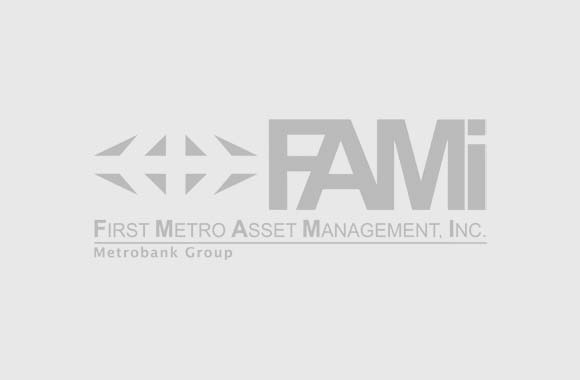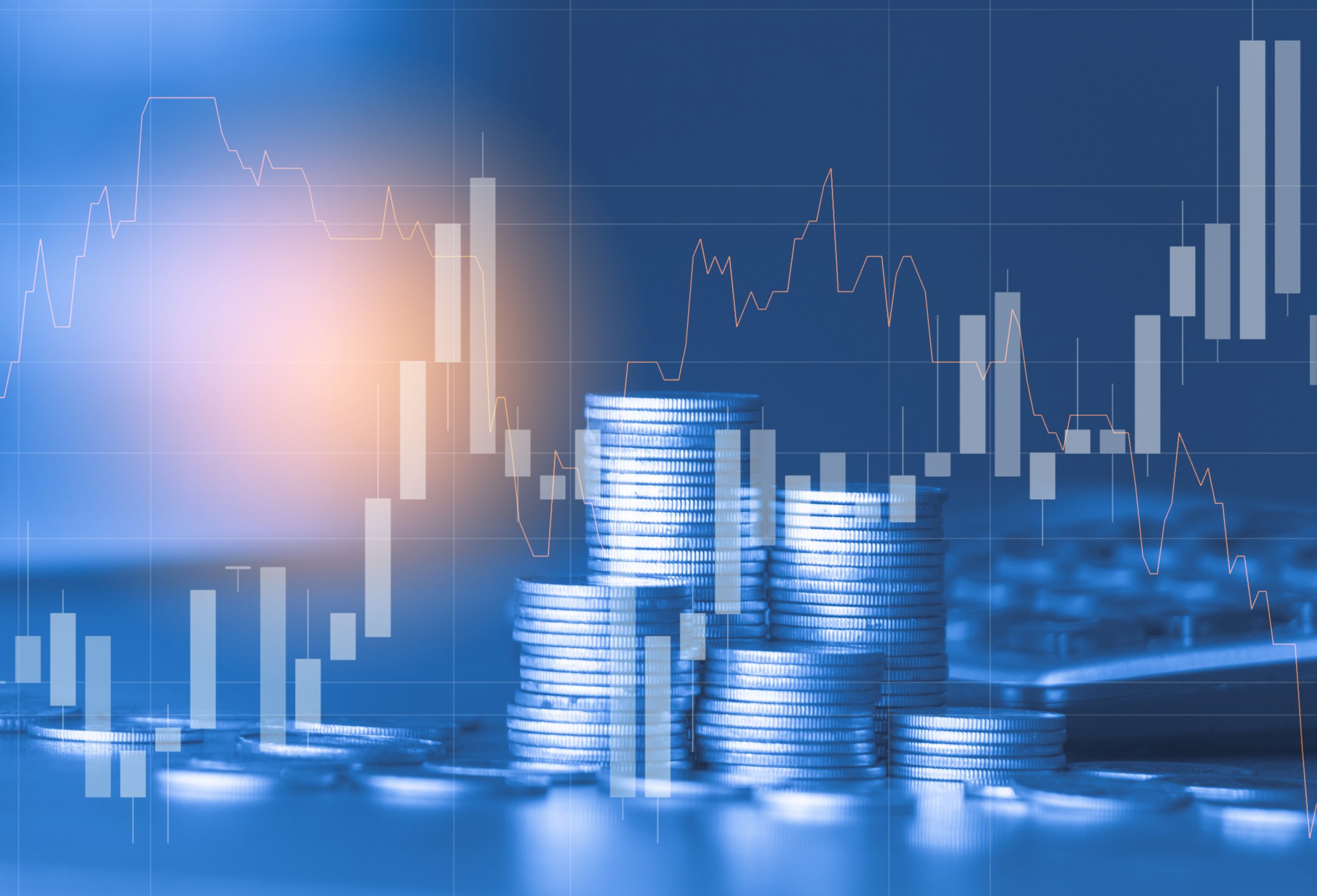Related Articles

Market Outlook
January 24-25, 2014 - CEBU - Advanced Stock Market Course
Market Outlook
The Market Call - August 2013
Market Outlook
The Market Call | August 2018



